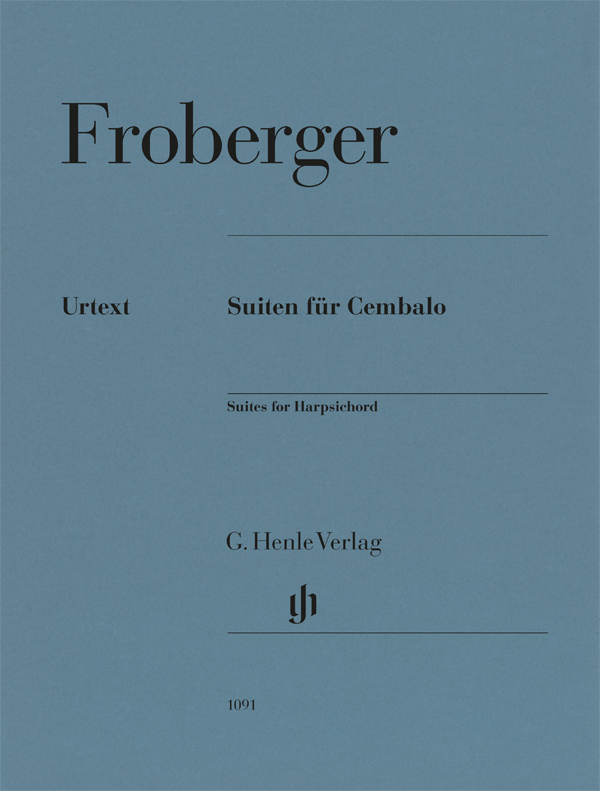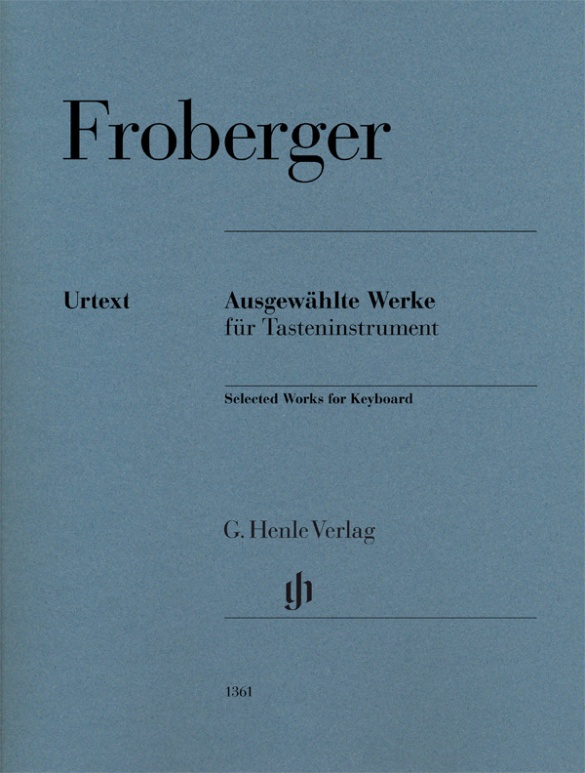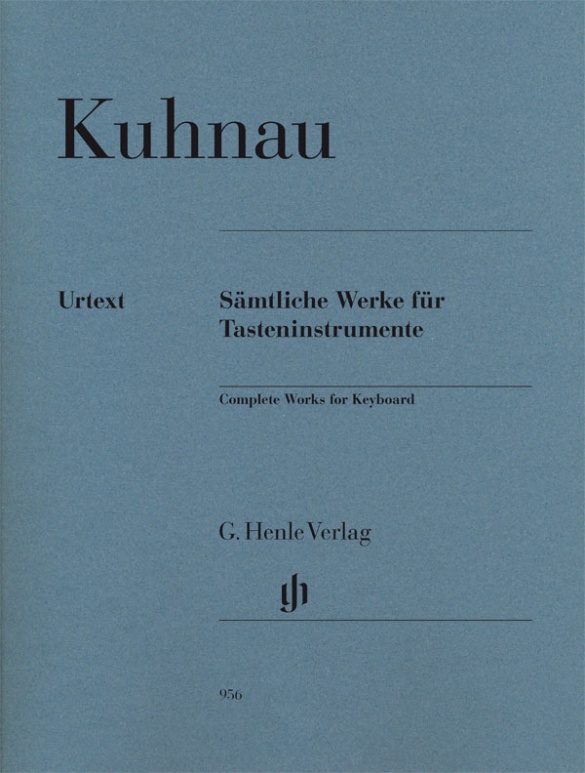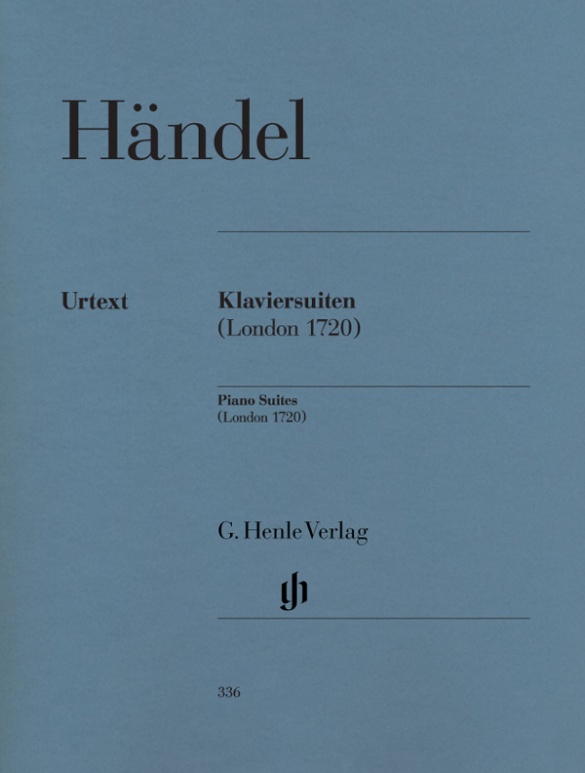

Johann Jacob Froberger
Suites for Harpsichord
Froberger may no longer be considered the progenitor of the piano suite, but his suites for harpsichord have, without a doubt, had a considerable influence on the development of this genre. His programmatic suites, of which some bear autobiographic features, attained particular fame. Others are marked “Tombeau” or “Méditation” in view of his own imminent death. For the first time, all his suites are now being published in one volume as the Urtext - an unparalleled compendium of Froberger’s art, edited by harpsichordist Pieter Dirksen. A must, not just for fans of Froberger and harpsichordists, but also for pianists wishing to explore this repertoire on the piano.
Content/Details
About the Composer
Johann Jacob Froberger
Along with Sweelinck and Frescobaldi, he is regarded as the most important composer for the development of music for keyboard instruments in the 17th century. He studied with Frescobaldi and cultivated further the genres of keyboard music he inherited from him: toccatas, fantasias, canzonas, ricercari, capriccios He was not the inventor of the harpsichord suite (as was long assumed); rather, his suites looked to French lute music for their models. His music influenced his contemporaries and subsequent generations, including Louis Couperin, Weckmann, Kerll, Buxtehude, Johann Krieger, Pachelbel, Johann Kuhnau. During his lifetime, only two of his compositions were published; others survive in splendid autograph manuscripts or copies, and much is lost. Very little survives of his vocal works and his compositions for instrumental ensembles.
| 1616 | Born in Stuttgart on May 28, the son of a singer and Kapellmeister. |
| 1637–18 | Organist at the Viennese court (with some breaks in service). After 1641, his position there – which is to say, his remuneration – improves dramatically. |
| 1637–41 | Stay in Rome to study with Frescobaldi, made possible by Emperor Ferdinand III. |
| around 1648/49 | Journey to Italy. |
| 1650 | Publication of the “Fantasia sopra Ut Re Mi Fa Sol La” in C major (FbWV 201) in Kircher’s “Musurgia universalis.” |
| 1650/52 | In the entourage of Archduke Leopold Wilhelm, youngest brother of Ferdinand III. |
| 1649/50–53 | (Concert) tour through Central and Western Europe, including Brussels (belated wedding celebration for King Philip IV of Spain), the Spanish and United Netherlands, Paris (contact with Louis Couperin), London, Dresden, Regensburg |
| 1660 | Publication of the Fugue in D minor (FbWV 407a). |
| 1661(?)–1667 | In the service of his pupil, Duchess Sibylla von Württemberg-Montbéliard. |
| 1667 | Death at Château d’Héricourt near Montbéliard on May 16 or 17. |
Product Safety Informations (GPSR)

G. Henle Verlag
Here you can find the information about the manufacturer of the product.G. Henle Verlag e.K.
Forstenrieder Allee 122
81476 München
Germany
info@henle.de
www.henle.com
recommendations
autogenerated_cross_selling
Further editions of this title
Further editions of this title





